The majority of people try to get their hands on the most comfortable mattress out there. But if you want a bed that is supportive and comfy, choosing the right mattress thickness is essential. Now there’s a lot of confusion about which thickness is best. Especially among first time mattress buyers.
So, this article is dedicated to provide you a few bits of information on what to consider when choosing the thickness of the mattress. It is recommended that you read till the end before buying your next mattress.
Why Does Mattress Thickness Matter?
It is crucial to have a mattress with the proper thickness so it can support the body and last for a long time. The comfort and overall support people receive from their mattresses are also determined by the thickness of the mattress.
Some people might not prefer a mattress that sinks or contours too much. So, the mattress's thickness and general material density are crucial for support. Furthermore, the difference between a peaceful night's sleep and a restless one can be as little as two inches in one's mattress.
Well, sleeping on a too thin or thick bed can be unhealthy. Thus, the mattress's thickness might impact how well you sleep. Besides, the appropriate thickness of a matter is also a concern if you consider the aesthetic appeal. If the mattress is not an okay fit for your bed, the whole bedroom will appear terrible.
The Ideal Thickness Of The Mattress
In terms of mattress thickness, thicker isn't always better. Your sleeping posture, mobility, size, and other considerations will all affect the thickness of the mattress you need.
Choosing the ideal thickness for your mattress depends on various factors. The following are a few things to consider when selecting the perfect one for your bed:
1. Sleeping Position
Your sleeping posture defines your body's key pressure points. It also establishes the amount of contouring you need to be comfortable. So, your sleeping posture influences your ideal mattress thickness.
Some sleeping positions require more padding, while others need more support. Mattresses of differing thickness levels may accommodate such varying sleep requirements.
-
Back Sleepers

-
Side Sleepers

-
Stomach Sleepers

- Combination Sleepers

- Pregnant Women

2. Body Weight
- 130 Lbs or Less
- 130-230 Lbs
- 230 Lbs or more
3. Height Preferences
An appropriate bed height enables people to sit comfortably on the edge of the mattress. Moreover, when they are sitting, their legs must be on the ground and the knees must remain parallel. The bed height isn't optimal if it's tough for individuals to rest their feet on the ground.
For certain sleepers, a good bed height is more important than others. For example, older people who have restricted mobility and are at risk of falling need a special bed. It shouldn't be excessively high or low.
Similarly, a lot of people struggle with mobility. For instance, having arthritis, joint pain, or back issues may limit mobility. If it is higher, it will be difficult for these people to get out of bed.
Therefore, the height of the bed, including the mattress, base, and overall height, should not exceed 25”. The best option would be to factor it into the calculations for the foundation and mattress thickness.

4. Medical & Health Conditions
Individuals suffering from specific medical issues may require thinner or thicker mattresses. One might have shoulder or hip discomfort, arthritis, or fibromyalgia. In such cases, they may want a thick and softer mattress to cushion the body and ease the pain.
On the other hand, backache sufferers often require a stiffer and thinner bed to avoid sinkage and adapt to the spine.
5. Sharing The Bed Or Sleeping Alone
Since there is generally less pressure on the mattress, single people do not require a thick one. But if two adults share a bed, the added weight can reduce the mattress's support. It may also cause it to droop prematurely. There are mainly 6”, 8”, 10”, and 12” of overall thicknesses on the market available for mattresses.
Mattresses for spouses should be at least 10” to 12” thick to sustain the weight of two people. If both partners are overweight, they should consider a 12” or 14” mattress. The Subrtex Memory Foam Mattress would be best for you if you want a mattress to fit two adults.
Conclusion
By now, you've probably got an idea about how to choose the ideal mattress thickness for your bed. So, if you are considering purchasing one, check out our high-quality mattresses at Subrtex. We have a wide variety of mattresses to fit every individual and at affordable prices without ever compromising on quality.

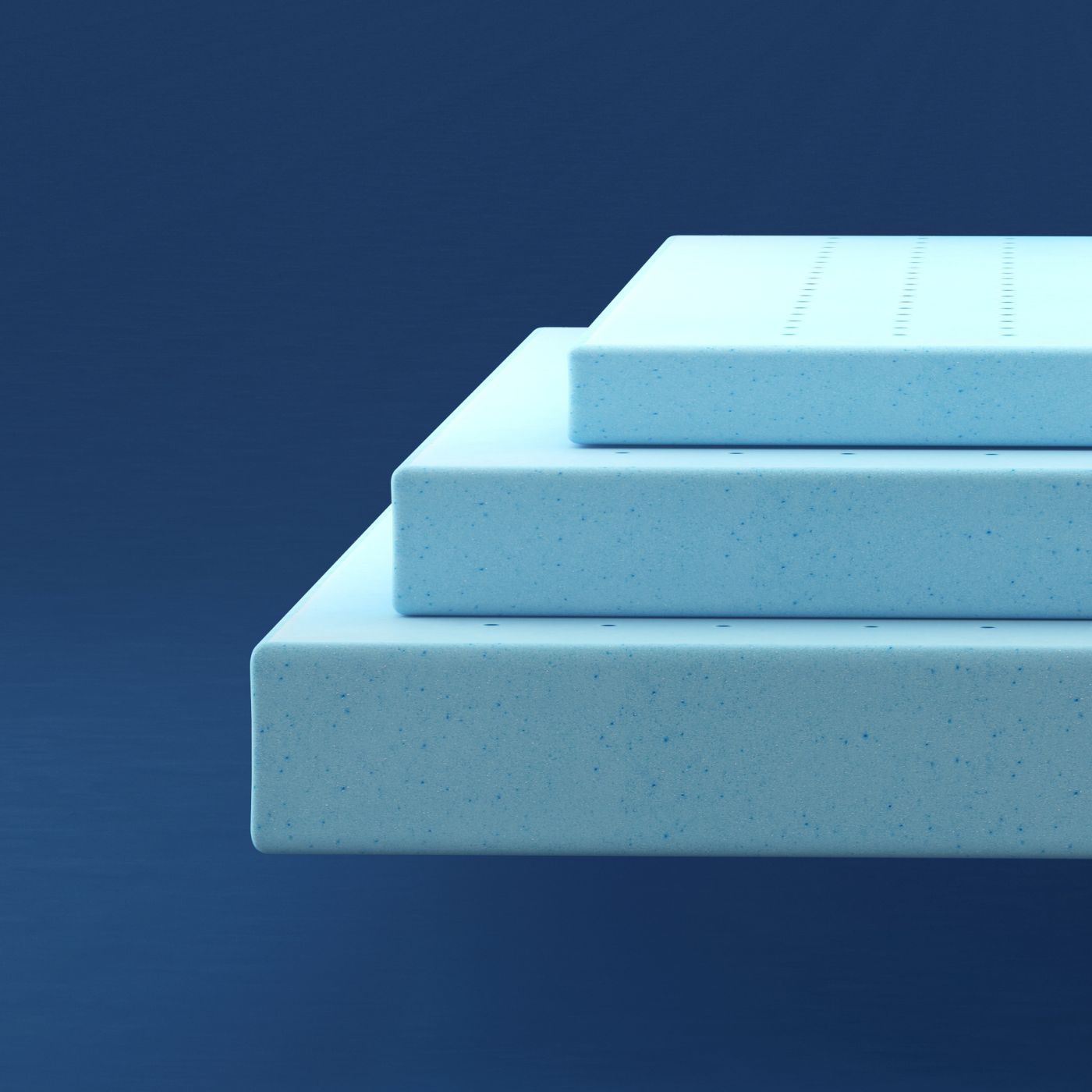
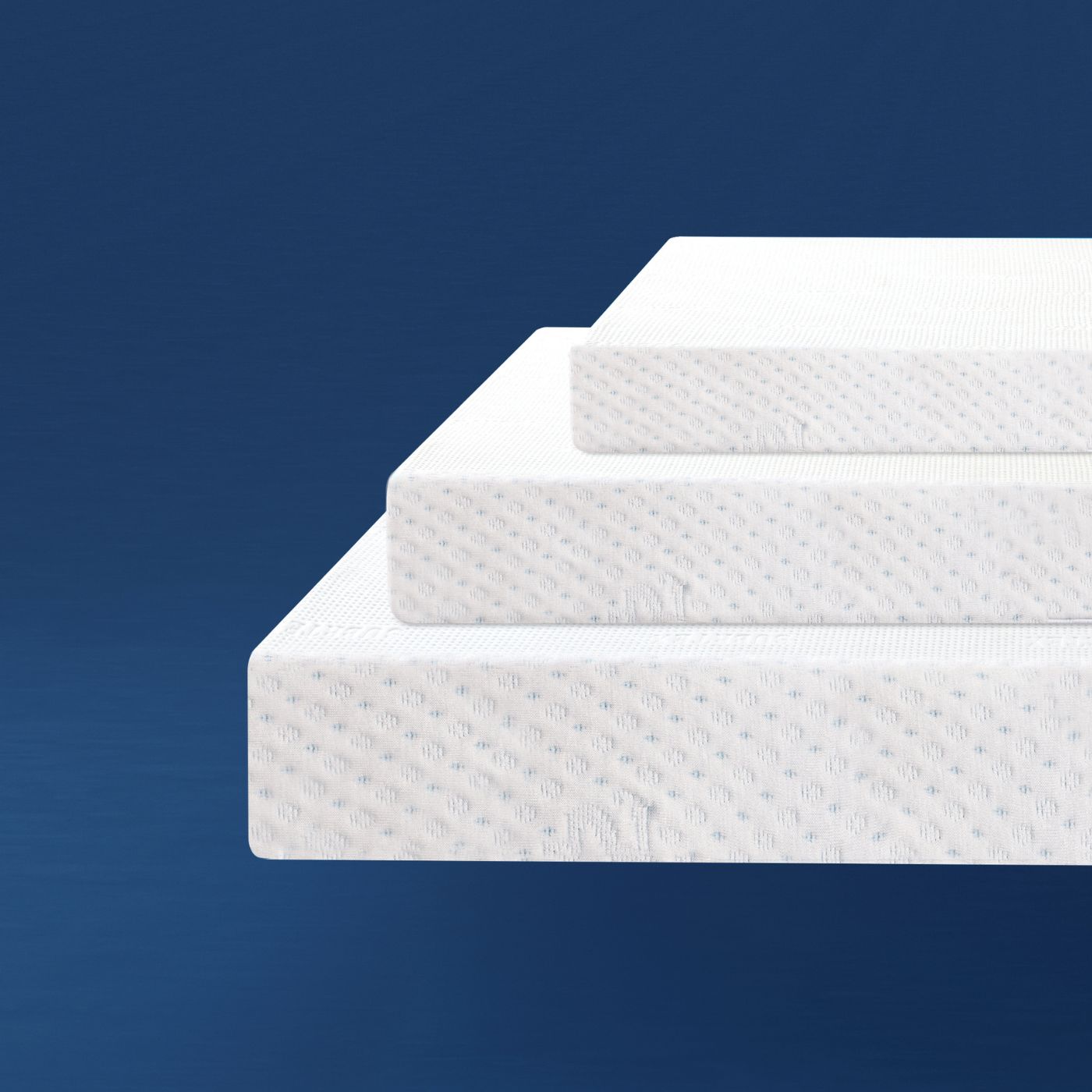


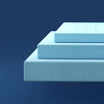
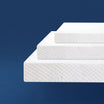












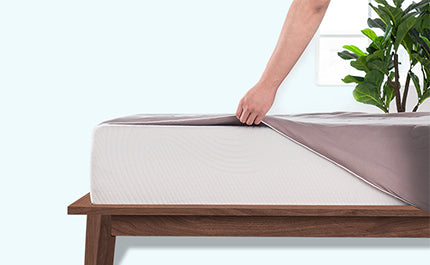
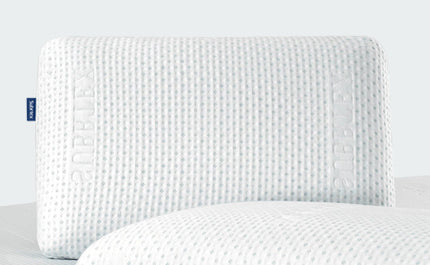
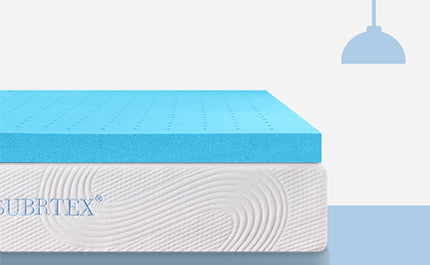
Leave a comment
All comments are moderated before being published.
This site is protected by reCAPTCHA and the Google Privacy Policy and Terms of Service apply.